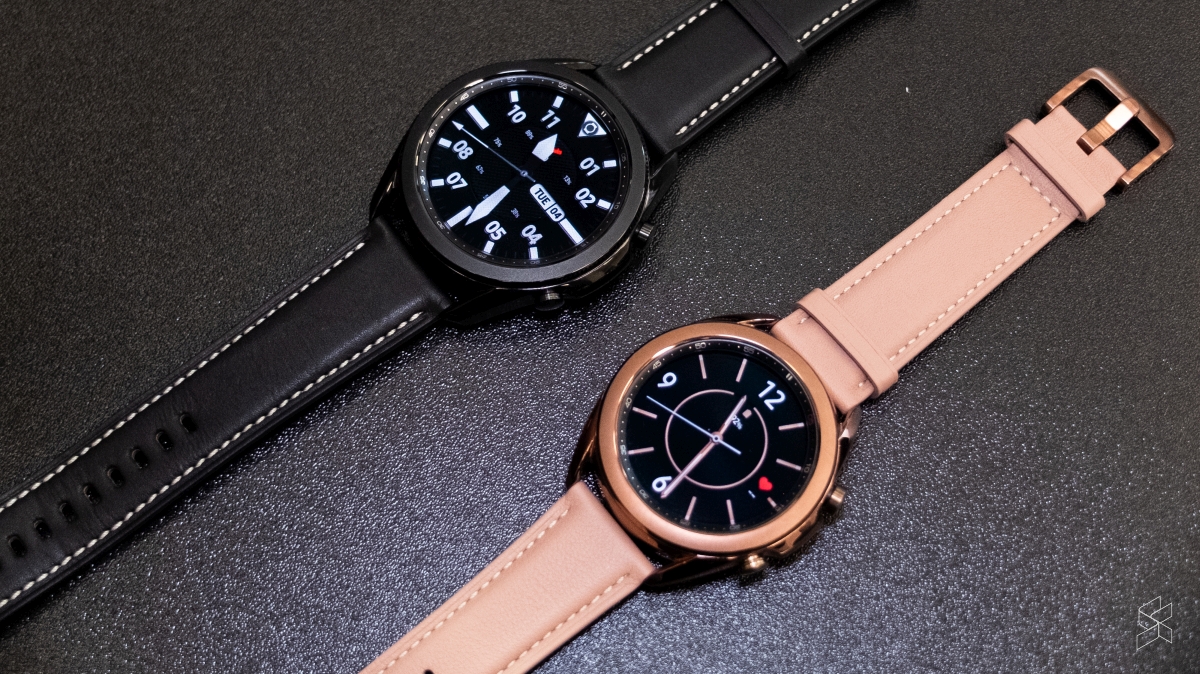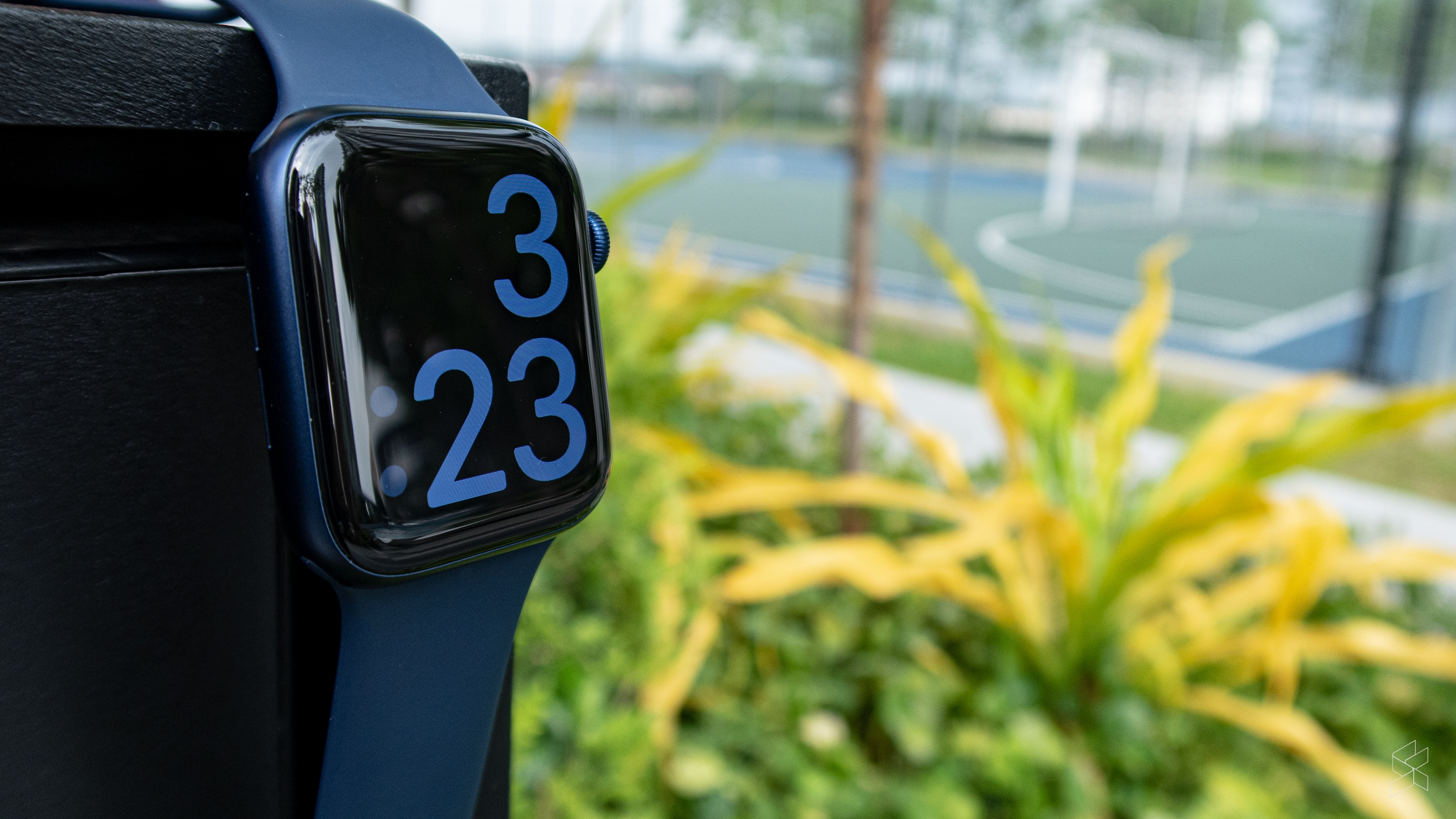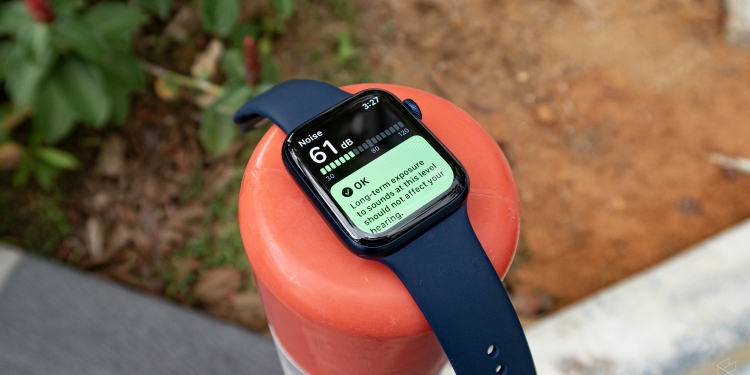Smartwatches have evolved from gimmicky gadgets to full-on health monitoring devices, and any wearable worth its salt in 2021 has a range of fitness tracking including heart rate monitoring, sleep/stress tracking, and nowadays, blood oxygen monitoring. So, what’s next? According to Korean news daily ET News, Samsung and Apple are both working on an important, health-focused feature for their next smartwatches: purportedly the Apple Watch Series 7 and Galaxy Watch 4.
This possible upcoming feature is one that I’ve personally never seen on mainstream smartwatch before—blood sugar monitoring. This would be… a pretty major update, if the report is proven to be true. The gold standard right now includes Electrocardiogram (ECG) sensors, along with blood oxygen monitors (SpO2), but blood glucose levels? That might just be a game-changer—particularly for diabetics, for obvious reasons.

Of course, a lot depends on the accuracy of the measurements. The report claims that Apple and Samsung’s supposed new feature will use the watch’s optical sensor, instead of the usual drop-of-blood method that diabetics use for regular checkups. ET News says that the technology is based on Raman spectroscopy, with Samsung teaming up with MIT, while Apple were also reportedly working on something similar back in 2017 (Tim Cook was even spotted using a prototype).
Essentially, the spectroscopic technique works by examining the molecular vibrations of a material when hit by lasers. However, it remains to be seen if this method offers the same sort of accuracy that a conventional test gives you—and obviously, accuracy is very important when it comes to medical measurements such as this.

If true, blood sugar monitoring would be a huge, huge feature on Apple and Samsung’s next smartwatches. However, the sceptic in me realises that even if the companies manage to fine-tune the tech in time for the Apple Watch Series 7 and Galaxy Watch 4 (or the Galaxy Watch Active 3), it might still be a long time before we actually get to use the feature. The feature would need to be cleared by regulatory bodies in each country that the smartwatches are released in, and based on how difficult it has been to get ECG functionality in Malaysia… I’m not feeling particularly hopeful.
Regardless, it’s a step in the right direction. It’s great to see guys like Samsung and Apple work on creating more health-centric features on their smartwatches—because cool watch faces and walkie-talkie apps aside, that’s the real potential behind wearables.
[ SOURCE ]








